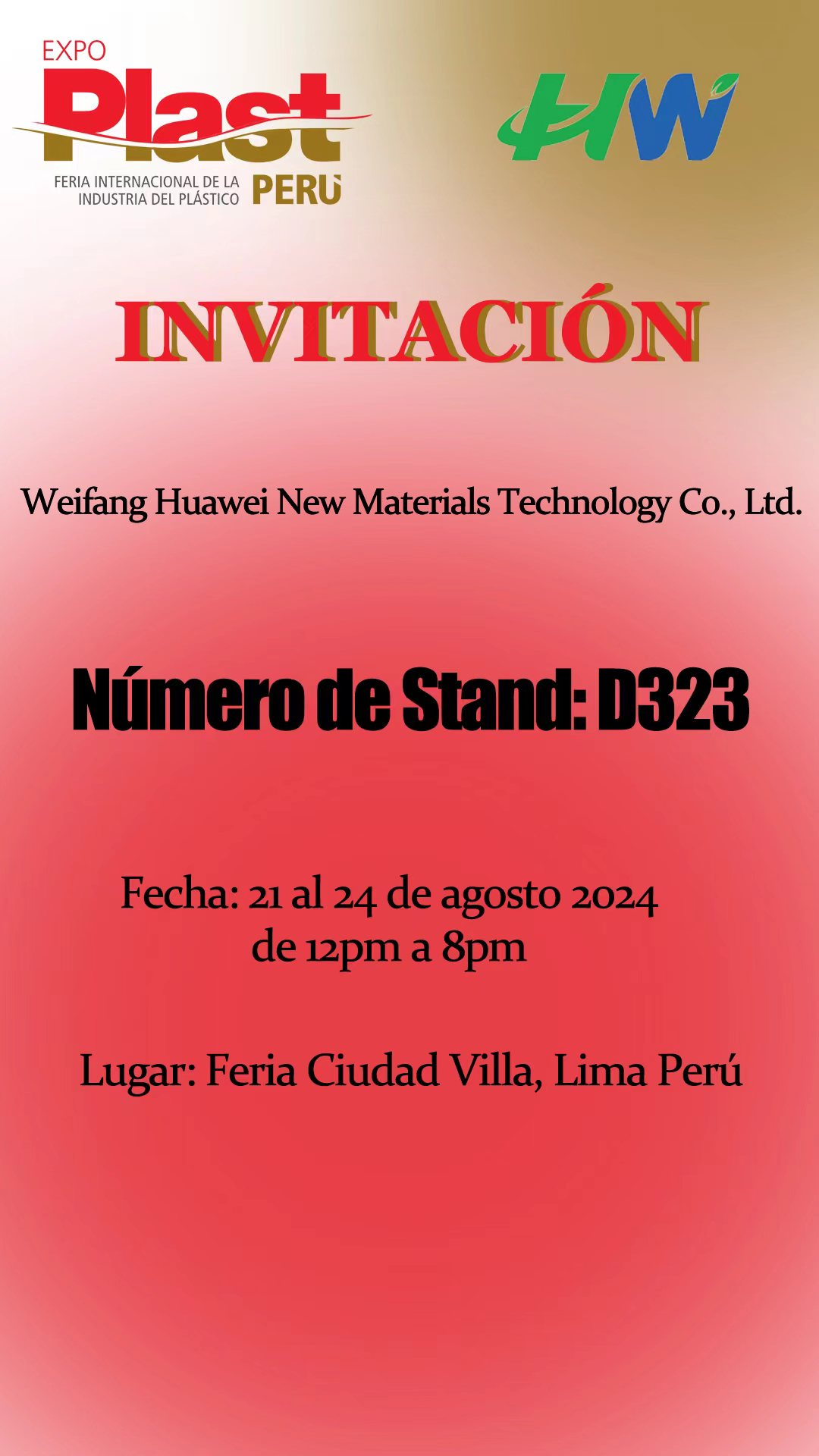Biodegradable products are those that can be digested by living microorganisms such as fungi or bacteria. This helps break them down into compounds found in nature.
Compostable is a product that can be broken down into non-toxic natural elements. It breaks down at the same rate as similar organic materials. Compostable products require microorganisms, moisture and heat to produce finished compost products (carbon dioxide, water, inorganic compounds and biomass).
Compostable and biodegradable can be thought of as recycling organic waste using naturally occurring or biological processes.
The main difference is the time it takes for the material to break down, which is an important factor in deciding what goes into the compost heap. A biodegradable item is any material that breaks down in the environment, whereas a compostable is organic material that breaks down into a pile of nutrient-rich soil. If an item is certified as compostable, it has been tested and will break down completely without leaving any residue after being left for 90 days under the heated and microbiological conditions of a commercial composting facility. In the best case, biodegradable means that the product will break down into its constituent parts, but this will leave a residue. Biodegradable products can also take years (or decades!) to break down.
Biodegradable productswill eventually break down into some organic material under the right conditions. This may include products such as plastic-lined paper coffee cups. While the paper will decompose and eventually the plastic will break down, there will still be microplastic waste left behind.
On the other hand, the composting process converts leftover food scraps, yard trimmings, biobags, and compostable food packaging products such as PLA-lined paper coffee cups into organic matter or humus. This leaves no plastics or chemicals of concern.
Simply put, everything that is compostable is also biodegradable. However, biodegradable does not always mean compostable.
Both terms describe the natural process of recycling organic waste. All compostable products are biodegradable, but biodegradable products are not always compostable.
The main difference is that compostable products are rigorously tested to ensure that they break down in a specific amount of time without releasing any harmful substances into the environment. Biodegradable products have no such requirements, which means they may not be as beneficial as they seem at first glance.
Compostable packaging will:
Break down within the time required for the composting environment
Break down without releasing harmful toxins
Create healthy compost that enriches the soil
Compostable packaging must meet strict standards and undergo rigorous testing. Packaging labelled only as biodegradable cannot be composted and must therefore be sent to landfill.
For compostable items, they must pass tests before they can be labelled:
Biodegradable Products Institute (BPI): BPI independently verifies ASTM standards in the US. They ensure that products are safe to go into the soil after being processed at a commercial composting facility.
Compost Manufacturing Alliance (CMA): Additional real-world testing is also performed independently to ensure compostability.
TÜV AUSTRIA OK compost HOME: Demonstrates that the product can be composted at home and can decompose at lower temperatures in a home composting environment in less than one year.
ASTM Standard D6400: To be labelled as ‘industrially compostable’ or ‘commercially compostable’, the product must comply with the standard set by the American Society for Testing and Materials (ASTM). Standard D6400 indicates that decomposition occurs within 180 days and that the final product is non-toxic to the environment. This is also equivalent to EN13432, ensuring that the same is true for products in Europe and abroad.
ASTM Standard D6868: ASTM D6868 indicates products that can be composted in industrial aerobic composting facilities without negative environmental impacts. This standard applies to products with films or coatings made from biodegradable plastics.
seokeywords
seokeywords
test2China PBAT SupplierCustom Plant-Based Biodegradable BagsCustom Recyclable Biodegradable BagsPLA Plastic Biodegradable SupplierBiodegradable Packaging Bags SupplierCompostable Bulk Bags WholesaleBiodegradable Plastic Bags ManufacturerWhat is the Difference Between Biodegradable and Compostable